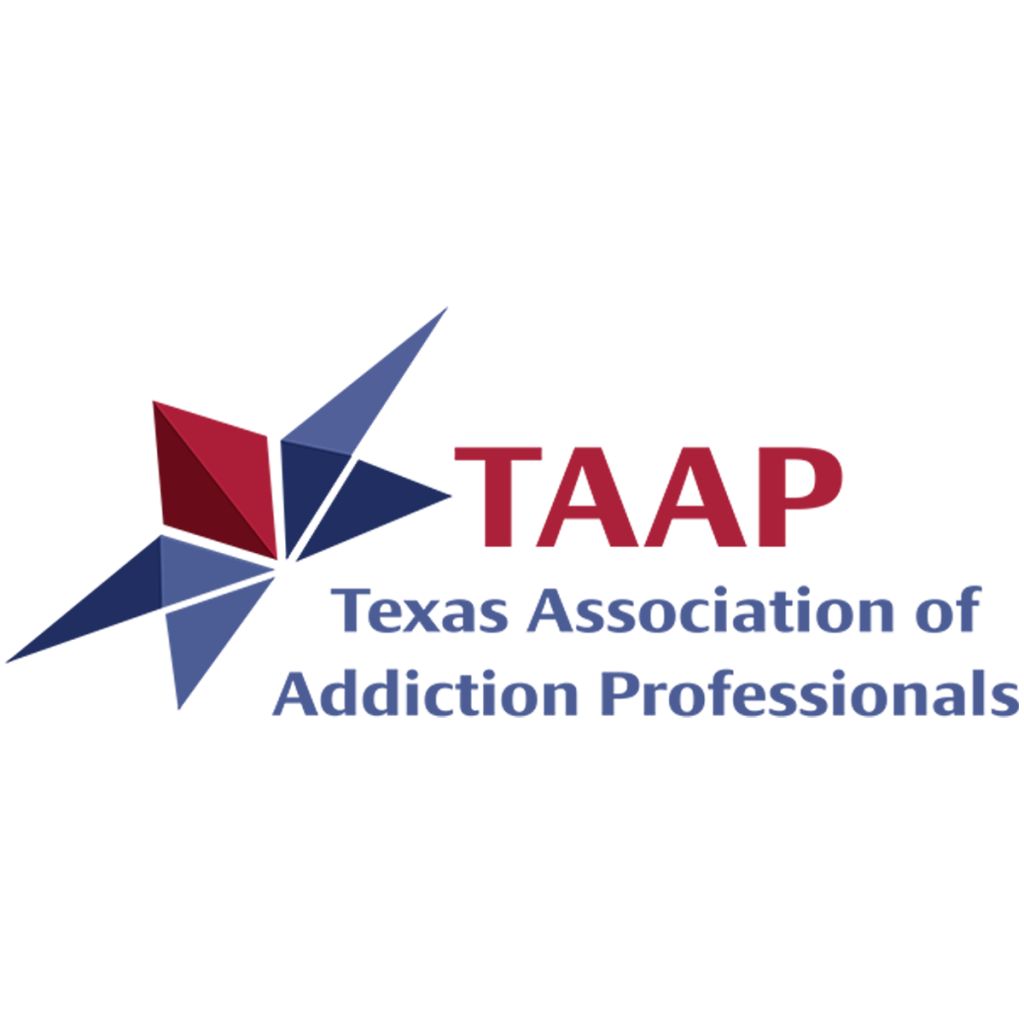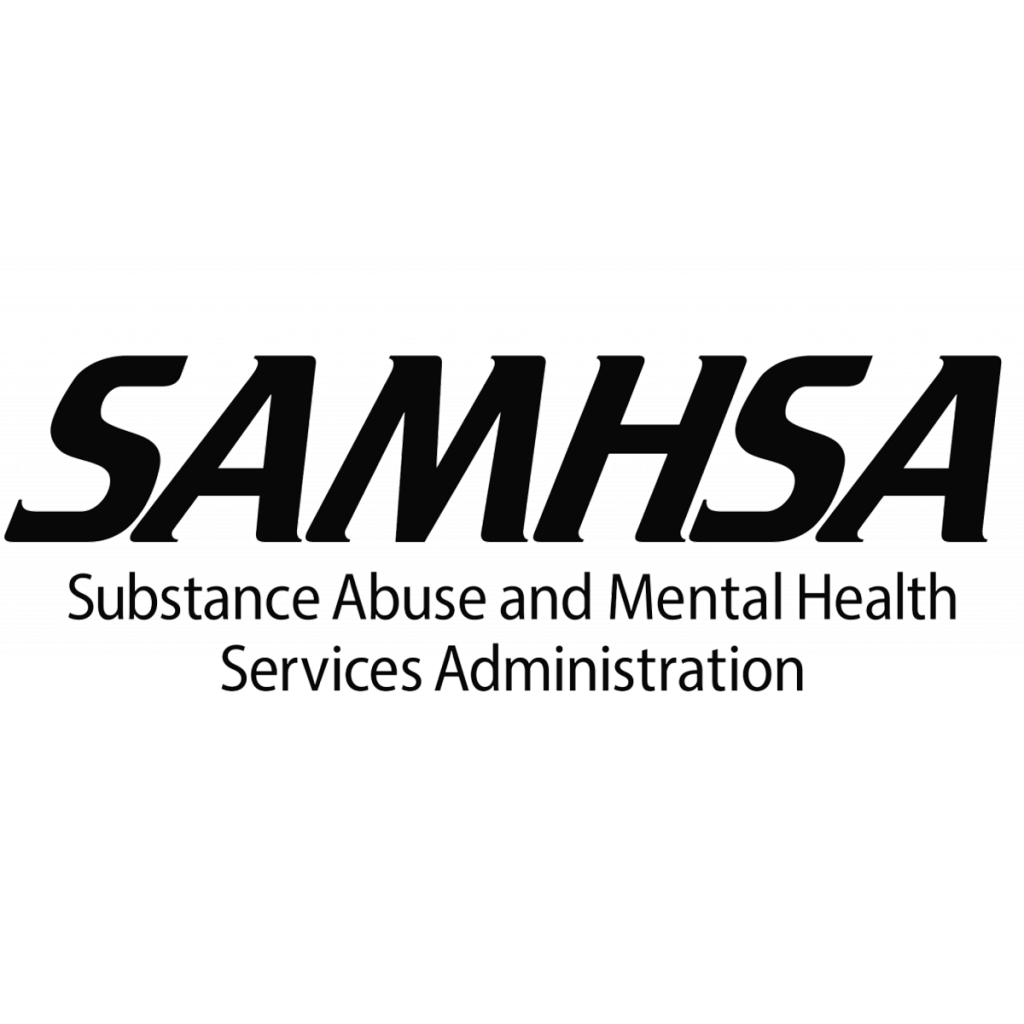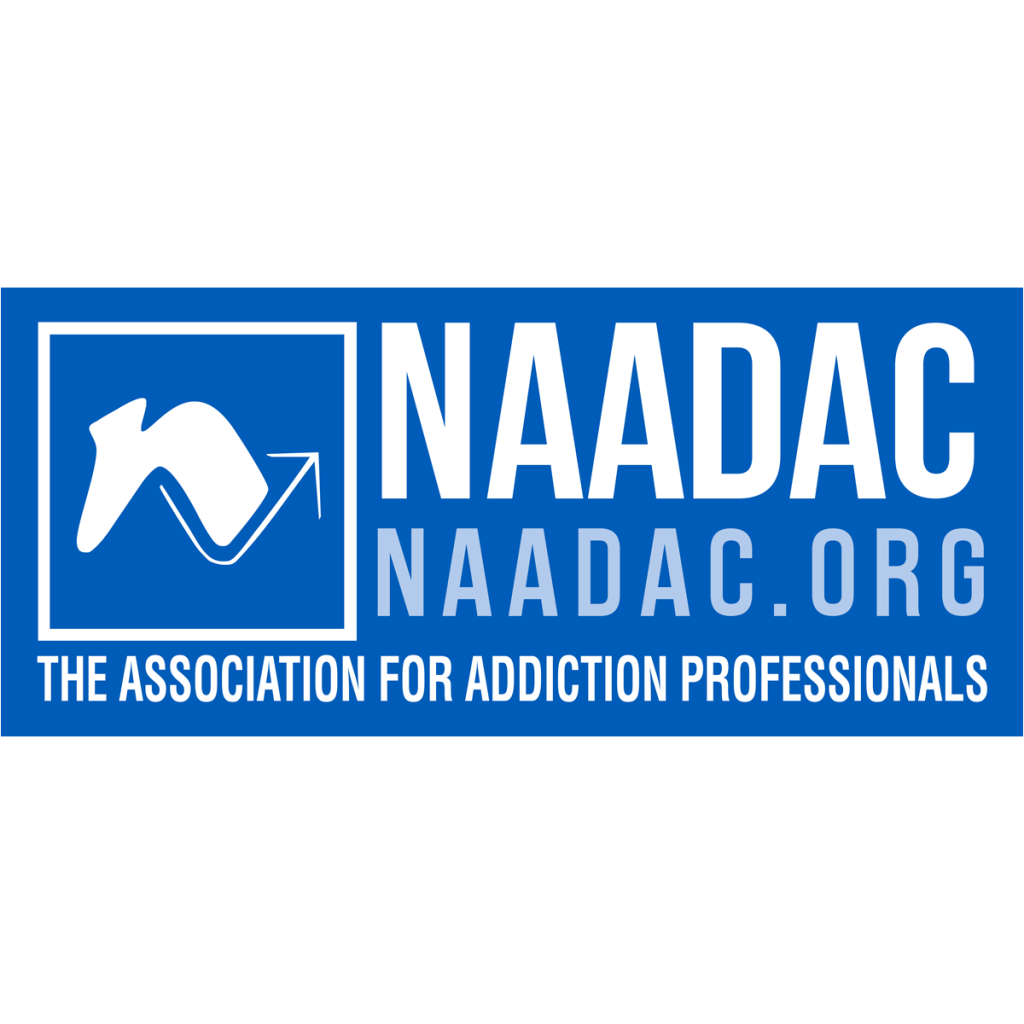Magic Mushrooms
Magic Mushrooms Addiction: Side Effects, Detox, Withdrawal, and Treatment
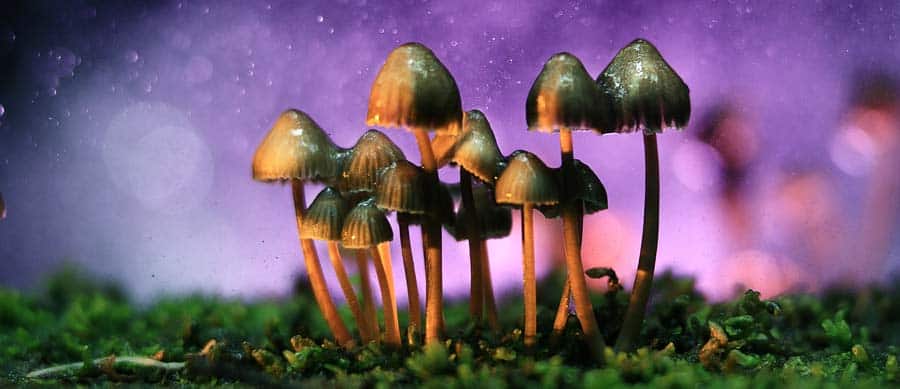
What are Magic Mushrooms?
The term “magic mushrooms” is a slang term for mushrooms that contain psilocybin, which is a psychoactive substance that causes visual and/or auditory hallucinations. People may eat magic mushrooms or brew them in tea to get high, but since they have no legitimate medical use in the U.S., the DEA classifies them as a Schedule I drug.
There are about 40 different species of psychoactive mushrooms, with most of them found in the southwest American states and Mexico. Although they have historically been used for spiritual rituals and medicinal purposes, today, they are widely abused for their psychedelic effects alongside other hallucinogen drugs like LSD and ecstasy. They are also frequently abused at music festival events.
Consuming magic mushrooms can create an intense user experience, with quick and long-lasting effects. Most users begin to feel the euphoric effects of mushrooms within 30 minutes of consuming them and the effects last for about six hours. However, some users may continue to feel the side effects for days after consuming the mushrooms.
Are Magic Mushrooms Addictive?
There is no clear answer as to whether magic mushrooms are addictive or not because the topic is an ongoing debate. After using magic mushrooms consistently for several days, some users may not feel addicted while others may begin to crave more of it. Magic mushrooms are often combined with other hallucinogens like LSD, which can increase a user’s risk of becoming addicted.
Magic mushrooms are also often not considered addictive because the body quickly develops a tolerance to them, which can drastically weaken their effects until the user abstains from using them for a while.
Although psilocybin is not considered addictive or habit-forming, it may cause psychological addiction. Some users may also experience a period of psychological withdrawal after using magic mushrooms, during which they may have trouble determining what is real and what is not.
Slang for Psilocybin Mushrooms
The following terms are street names or slang for psilocybin mushrooms:
- Magic mushrooms
- Shrooms
- Mush
- Psychedelic mushrooms
About Magic Mushroom Abuse and Addiction
Magic mushrooms first gained popularity during the hippie movement of the 1960s. By the 1970s, recreational use of shrooms was illegal, but psychedelic mushrooms remain a popular drug of abuse today. However, when compared with the amount of recreational abuse of other illegal drugs like methamphetamine or heroin, there are few people who abuse magic mushrooms.
According to SAMHSA’s 2017 National Survey on Drug Use and health, an estimated 1.4 million people aged 12 or older were current users of hallucinogens including magic mushrooms, LSD, PCP, peyote, mescaline, ecstasy, ketamine, DMT, and salvia.
What Are the side Effects of Magic Mushroom Abuse?
If someone is abusing magic mushrooms, they will experience some side effects. The side effects of magic mushroom abuse often include:
- Enhanced senses
- Feelings of floating
- Visual and auditory hallucinations
- Reduced inhibitions
- Altered perceptions of time and reality
- Euphoria
- Feeling mentally “enlightened”
- Distorted sights, sounds, or images
- Mood swings
Many people abuse magic mushrooms for the euphoric feelings, enhanced perceptions, and trippy hallucinations, but there are also many negative side effects of magic mushroom abuse. These may include:
- Nausea
- Anxiety
- Increased heart rate
- Increased blood pressure
- Chills
- Paranoia
- Insomnia
- Excessive sweating
- Weakness
- Lack of coordination
- Muscle spasms
- Numbness
- Dry mouth
- Psychosis
When consumed in very high dosages, magic mushrooms may also cause:
- Depression
- Suicidal thoughts
- Hallucinogen persisting perception disorder (HPPD)
- Panic
- Flashbacks
- Overdose
What Are the Signs and Symptoms of Magic Mushroom Abuse and Addiction?
Although magic mushroom addiction may or may not occur depending on the person, someone who is physically dependent on them may exhibit some of the following behaviors:
- Isolating themselves from friends and family in order to use magic mushrooms
- Combine them with other drugs like LSD or ecstasy
- Develop a tolerance to magic mushrooms and need larger doses to feel the effects
Someone who has experienced prior substance abuse problems or who is being pressured by peers to abuse magic mushrooms may be more likely than others to develop a physical dependence or addiction to magic mushrooms.
Magic Mushrooms: Detox and Withdrawal
If you abuse magic mushrooms chronically for several days or weeks at a time, you may experience a period of psychological withdrawal when you stop. To quit for good, you might even need the help of a magic mushroom detox program, depending on the severity of your addiction. Using shrooms and alcohol together may increase a person’s need for a detox program because polydrug abuse may cause the likelihood of severe or unexpected withdrawal symptoms.
Magic mushroom withdrawal symptoms often include:
- Psychotic breaks from reality
- Panic
- Memory loss
- Flashbacks
- Rage
- Difficulty speaking
- Fatigue
- Irritability
- Confusion
Magic mushroom detox can be difficult, uncomfortable, and it may even become dangerous for you or others if you are unable to determine what is real and what is not. A medical detox program can provide a period of safe medical monitoring while you complete the detox process, so you never have to worry about your comfort or safety.
Completing a magic mushroom detox program will also reduce your risk of relapse and help keep you on track for sustained sobriety.
[sc name=”phoneinsurancecta”]
What Is the Withdrawal Timeline for Magic Mushrooms?
Just as various people will experience different types of “trips” and side effects while using shrooms, the magic mushrooms withdrawal experience is very much individualized as well. Although there is no strict timeline or expectation for when you can experience certain symptoms during withdrawal, symptoms will vary in intensity and duration.
Magic mushroom withdrawal symptoms will vary greatly from person to person depending on the following factors:
- How long you’ve been abusing mushrooms
- Whether you’ve abused mushrooms with other drugs
- The amount of mushrooms you’ve been taking
- Co-existing conditions like anxiety, depression, high blood pressure, etc.
- Your health, gender, and age
Treatment for Magic Mushroom Addiction
If you or a loved one is physically dependent or addicted to mushrooms, a rehab program can help you address the root causes of the addictive behaviors and learn how to cope with life without the use of psychedelic drugs.
After completing magic mushroom detox, many people enroll in a rehab program to continue with their addiction treatment. Long-term drug rehab programs (90 days or longer) provide an extended amount of time away from the everyday stressors of life and they give clients more time to focus on their recovery and make lasting behavioral changes.
During magic mushroom rehab, clients attend educational lectures, work through the 12 step program (or similar recovery program), learn relapse prevention strategies, gain life skills, and practice living sober in a safe and supportive environment.
Inpatient Drug Rehab vs. Outpatient Drug Rehab for Magic Mushroom Addiction
Two common types of magic mushroom rehab programs are inpatient/residential rehab and outpatient rehab. Although neither type of program is better than the other, one may be more suited to your addiction treatment needs. There are also several primary differences between residential drug rehab and outpatient drug rehab for magic mushroom treatment.
|
In residential rehab for magic mushroom addiction, you can expect to:
|
In outpatient rehab for magic mushroom addiction, you can expect to:
|
If you have recently completed a magic mushroom detox program, your treatment team may be able to provide a referral to a reputable rehab center. Otherwise, several factors to consider when choosing a magic mushroom rehab program include:
- Cost
- Your insurance benefits (if you plan to use insurance to pay for rehab)
- Location
- Treatment methods used
- Staff to client ratio
- Accreditations and certifications
The cost of an inpatient or outpatient drug rehab program for mushroom addiction will vary depending on the factors listed above. However, you may have several different payment options, such as using your health insurance benefits to pay for rehab, Employee Assistance Program (EAP) benefits, HSA funds, getting a private loan or a financed healthcare loan, fundraising, or paying reduced out-of-pocket payments.
Continued Care Options for Magic Mushroom Treatment
After you complete a magic mushroom rehab program, you may want to continue your behavioral therapy and addiction treatment with a sober living program and/or aftercare program. These types of magic mushroom treatment programs can increase the likelihood that you will remain sober and help you establish an independent and successful lifestyle in recovery.
Sober Living Programs
A sober living program is a program that is designed to help people in recovery by providing safe and sober group housing. Sober living homes (sometimes called ¾ houses, transitional homes, or halfway houses) require that residents maintain their sobriety and adhere to the household rules and regulations while enrolled in the program. This ensures that the sober home remains a safe and drug-free environment for all residents.
Sober living homes come in all shapes and sizes and vary greatly in cost. They may also offer a variety of recovery support services, such as:
- Employment assistance
- Educational planning
- Regular drug and alcohol testing
- Volunteer assistance
- Peer-led recovery programs
- Personal monitoring programs
Program for Aftercare
Aftercare programs are ideal for rehab alumni and people who have several weeks or months of sobriety under their belts and have already completed a highly structured magic mushroom treatment program. Groups provides group therapy sessions that meet in a safe, clinical location once a week.
During aftercare meetings, clients are encouraged to share personal struggles and successes related to their recovery and sobriety. Meetings are designed to be encouraging. non-judgmental, and safe spaces where clients can feel accepted, regardless of their failings. This type of peer support is essential to lasting recovery.
If you or a loved one is addicted to mushrooms, don’t hesitate to call Nova Recovery Center. We know the struggle of addiction well and we are here to help. Our knowledgeable and friendly staff members are ready to walk with you through your magic mushroom treatment options, so what are you waiting for? Call now to get started.
References:
- https://www.samhsa.gov/data/report/2017-nsduh-annual-national-report
- http://hallucinogens.com/psilocybin/are-magic-mushrooms-addictive/
- http://www.cesar.umd.edu/cesar/drugs/psilocybin.asp
- https://www.projectknow.com/mushrooms/addiction/
- http://www.drugpolicy.org/drug-facts/short-term-effects-psilocybin-mushrooms
- http://www.drugpolicy.org/drug-facts/how-many-people-use-psilocybin-mushrooms
- https://www.deadiversion.usdoj.gov/schedules/orangebook/c_cs_alpha.pdf
Nova Recovery Center offers a large range of substance abuse treatment services: detox, residential, outpatient and sober living.
Treatment Options
Treatment Locations
Call Us Now and Begin Healing at (512) 605-2955
Or text us and we will call you right back.
Not quite ready for a call? You can fill out the form below.
What Makes Us Different
- Gender-specific treatment
- Evidenced-based treatment
- 12-Step immersion
- 90-day residential treatment
- Family program
- Full continuum of care
- Insurance and private pay
100% Confidential Guarantee
Confidential Consultation
Nova Recovery Center is dedicated to helping you or your loved one get help. Please call or fill out this form for a confidential consultation.
One of our understanding, dedicated advisors will contact you about your options. Begin healing today.
Nova Recovery Center is dedicated to helping you or your loved one get help. Please call or fill out this form for a confidential consultation. One of our understanding, dedicated advisors will contact you about your options. Begin healing today.


